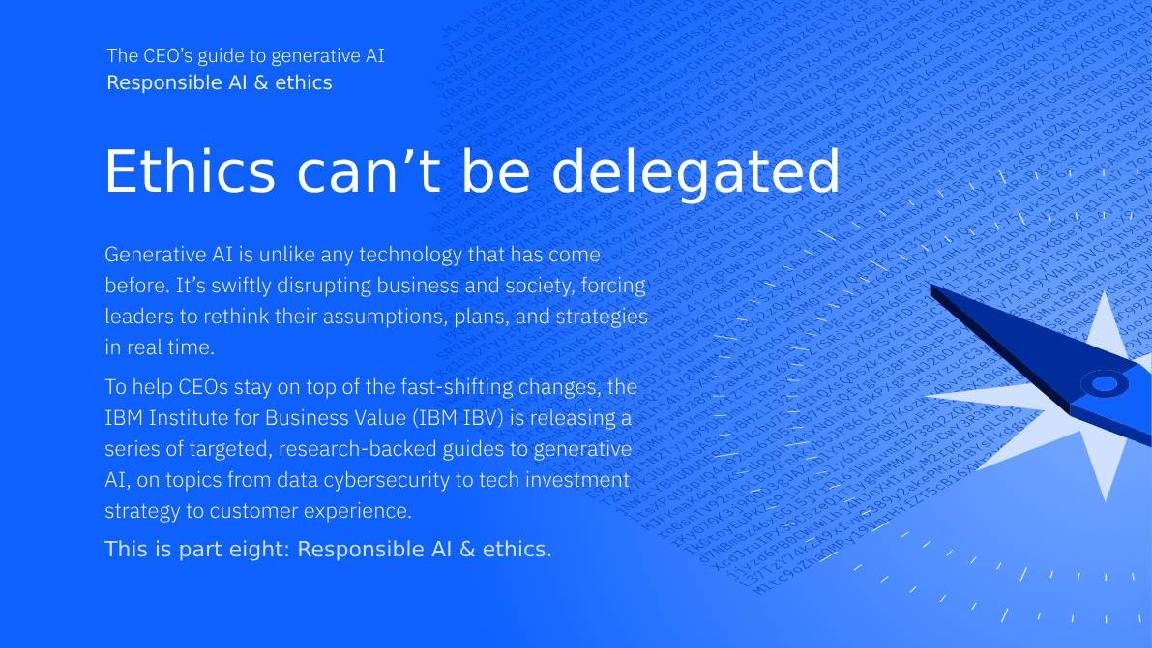Microsoft: The UK is woefully unprepared for future AI cyber threats
New research suggests UK businesses are unprepared to contend with a potential wave of AI-powered cyber security threats


Sign up today and you will receive a free copy of our Future Focus 2025 report - the leading guidance on AI, cybersecurity and other IT challenges as per 700+ senior executives
You are now subscribed
Your newsletter sign-up was successful
Organizations in the UK that incorporated AI tools within cyber security practices are twice as resilient to attacks as those that don’t, according to new research investigating the impact of AI on security in the region.
The report from Goldsmiths University, in partnership with Microsoft, was based on surveys of over 1,000 senior leaders at UK private and public sector organizations, including testimony from 200 senior security professionals.
Just 13% of UK businesses can be described as ‘resilient’ to cyber crime, according to the report, which found businesses that deployed AI-enhanced defenses were able to reduce the costs associated with a successful attack by 20%.
The research estimated that increased use of AI in cyber security could save the UK economy £52 billion annually, down from the £87 billion that cyber attacks currently cost domestic businesses.
Paul Kelly, director of the Security Business Group at Microsoft UK, said the financial impact alone should be enough motivation for companies to ‘fight fire with fire’ and integrate AI in their security strategies, just as threat actors are doing.
“Cyber criminals, some armed with the resources of a nation state, are ‘tooling up’ with AI to increase the sophistication and intensity of their attacks. This research outlines 52 billion reasons for organizational leaders to ‘fight fire with fire’”, Kelly explained.
“The same AI technologies can help leaders better secure their organization and tip the balance back in their favor. AI has the potential to make your business and data more secure, but also, if a cyberattack were to occur, to lessen the impact on your bottom line.”
Sign up today and you will receive a free copy of our Future Focus 2025 report - the leading guidance on AI, cybersecurity and other IT challenges as per 700+ senior executives
UK’s ‘AI superpower’ goals are contingent on security improvements
The British government’s ten-year plan for the UK to become a ‘global AI superpower’, announced in 2021, depends on organizations upping cyber resilience capabilities, according to the report.
The report showed business leaders in the UK recognize this fact, with 69% of decision-makers acknowledging that their organization will need to improve security capabilities to achieve the goal of international AI leadership.
In order to accelerate this shift, the report identified 5 opportunities for the UK to ensure its cyber resilience levels keep moving in the right direction, recognizing an ‘AI superpower’ must be a ‘cyber security superpower’.
RELATED WHITEPAPER

The first opportunity is to further support the widespread adoption of AI in cyber security in a bid to inspire more creative approaches to using the technology to defend organizations.
Investment in AI needs to be prioritized and should be focussed on buy-and-build configurations or off-the-shelf solutions, the report added, and the UK needs to also invest in cultivating the talent to leverage these solutions.
The report raised nationally incentivized skills programmes, upskilling, on-the-job learning, as well as better public-private partnerships to help address skills shortages related to AI.
Finally, the UK needs to continue to work with business leaders across sectors and establish simple, results-based guidance that is in-line with international standards, to encourage the safe and secure deployment of AI.
How AI is already boosting cyber resilience
Goldsmiths and Microsoft’s findings demonstrated how AI enhanced security tools are already having a material impact on the cyber-readiness of organizations in the UK.
Speaking to ITPro, founder and CEO at AI prompt management platform AIPRM, Christoph Cemper, said AI has helped the company stay on top of a wave of DDoS attacks targeting its servers.
“Our traditional security measures, like firewalls and monitoring systems, just weren't enough to effectively handle these sophisticated attacks. That's when we decided to start using AI to boost our protection, specifically neural networks”, Cemper noted.
“One big advantage of neural networks is their ability to analyze huge amounts of data and notice patterns that would be almost impossible for humans to catch on their own. For DDoS attacks, we trained these neural networks by showing them records of our past traffic patterns so they could learn to tell the difference between real users and attackers.”
Cemper reported the deployment was a success and allowed AIPRM’s security teams to dedicate more time to fleshing out a robust security strategy rather than having to constantly put out fires as they occur.
“Ever since implementing this AI-driven solution, we've seen a big reduction in how much DDoS attacks impact our systems. The neural networks keep learning and adapting to get even better at catching even the sneakiest DDoS techniques”, he explained
“The automation from these AI models has let our security team focus more on proactive strategies rather than just constantly putting out DDoS attack fires manually.”

Solomon Klappholz is a former staff writer for ITPro and ChannelPro. He has experience writing about the technologies that facilitate industrial manufacturing, which led to him developing a particular interest in cybersecurity, IT regulation, industrial infrastructure applications, and machine learning.
-
 Thousands of Microsoft Teams users are being targeted in a new phishing campaign
Thousands of Microsoft Teams users are being targeted in a new phishing campaignNews Microsoft Teams users should be on the alert, according to researchers at Check Point
-
 Microsoft warns of rising AitM phishing attacks on energy sector
Microsoft warns of rising AitM phishing attacks on energy sectorNews The campaign abused SharePoint file sharing services to deliver phishing payloads and altered inbox rules to maintain persistence
-
 Microsoft just took down notorious cyber crime marketplace RedVDS – and found hackers were using ChatGPT and its own Copilot tool to wage attacks
Microsoft just took down notorious cyber crime marketplace RedVDS – and found hackers were using ChatGPT and its own Copilot tool to wage attacksNews Microsoft worked closely with law enforcement to take down the notorious RedVDS cyber crime service – and found tools like ChatGPT and its own Copilot were being used by hackers.
-
 These Microsoft Teams security features will be turned on by default this month – here's what admins need to know
These Microsoft Teams security features will be turned on by default this month – here's what admins need to knowNews From 12 January, weaponizable file type protection, malicious URL detection, and a system for reporting false positives will all be automatically activated.
-
 The Microsoft bug bounty program just got a big update — and even applies to third-party code
The Microsoft bug bounty program just got a big update — and even applies to third-party codeNews Microsoft is expanding its bug bounty program to cover all of its products, even those that haven't previously been covered by a bounty before and even third-party code.
-
 Microsoft Teams is getting a new location tracking feature that lets bosses snoop on staff – research shows it could cause workforce pushback
Microsoft Teams is getting a new location tracking feature that lets bosses snoop on staff – research shows it could cause workforce pushbackNews A new location tracking feature in Microsoft Teams will make it easier to keep tabs on your colleague's activities – and for your boss to know exactly where you are.
-
 Microsoft opens up Entra Agent ID preview with new AI features
Microsoft opens up Entra Agent ID preview with new AI featuresNews Microsoft Entra Agent ID aims to help manage influx of AI agents using existing tools
-
 A notorious ransomware group is spreading fake Microsoft Teams ads to snare victims
A notorious ransomware group is spreading fake Microsoft Teams ads to snare victimsNews The Rhysida ransomware group is leveraging Trusted Signing from Microsoft to lend plausibility to its activities

